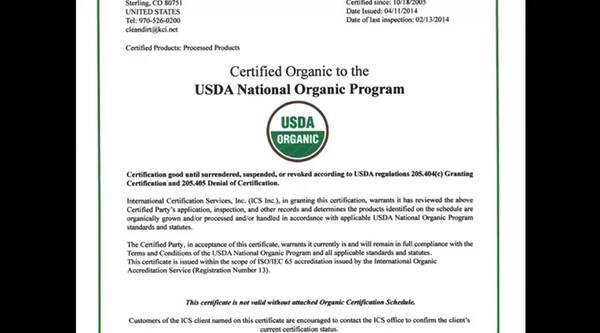Comprehensive Guide to USDA Loans Qualifications: What You Need to Know
#### USDA Loans QualificationsUSDA loans are a popular financing option for homebuyers in rural areas, offering low-interest rates and no down payment requi……
#### USDA Loans Qualifications
USDA loans are a popular financing option for homebuyers in rural areas, offering low-interest rates and no down payment requirements. However, to qualify for these loans, applicants must meet specific criteria set by the United States Department of Agriculture (USDA). Understanding these qualifications is crucial for potential homebuyers looking to take advantage of this affordable financing option.
#### Income Eligibility
One of the primary qualifications for USDA loans is income eligibility. The USDA sets specific income limits based on the area’s median income and the size of the household. Typically, applicants must have a household income that does not exceed 115% of the median income for their area. This ensures that the program targets low to moderate-income families who may struggle to secure traditional financing. To determine eligibility, potential borrowers can use the USDA’s online income eligibility tool, which provides information based on their location and household size.
#### Credit Requirements

Another significant aspect of USDA loans qualifications is the credit score requirement. While USDA loans are more lenient than conventional loans, applicants generally need a credit score of at least 640 to qualify for automatic approval through the USDA’s Guaranteed Loan Program. However, individuals with lower credit scores may still be eligible if they can provide additional documentation to demonstrate their ability to repay the loan. Lenders will also consider other factors, such as payment history and overall debt-to-income ratio, when assessing creditworthiness.
#### Property Location
The property’s location is a crucial factor in USDA loans qualifications. These loans are designed for rural and suburban areas, so the property must be situated in an eligible zone as defined by the USDA. To find out if a specific property qualifies, potential buyers can use the USDA’s eligibility map, which outlines areas that meet the program’s requirements. Properties located in urban areas are generally ineligible for USDA financing, making it essential for buyers to consider their desired location carefully.
#### Citizenship and Residency Status

USDA loans are available to U.S. citizens, non-citizen nationals, and qualified aliens. To qualify, applicants must provide proof of their citizenship or residency status. This requirement ensures that the program is accessible to residents who have a legal right to live and work in the United States. Additionally, applicants must demonstrate a stable residency history, which can further support their eligibility.
#### Debt-to-Income Ratio
The debt-to-income (DTI) ratio is another critical component of USDA loans qualifications. This ratio measures an applicant's monthly debt payments against their gross monthly income. For USDA loans, the ideal DTI ratio is typically 41%, but some lenders may allow higher ratios based on compensating factors, such as a higher credit score or significant savings. Maintaining a low DTI ratio is essential for demonstrating financial stability and the ability to manage monthly mortgage payments.
#### Conclusion

In summary, understanding USDA loans qualifications is vital for potential homebuyers interested in this financing option. By meeting income eligibility, credit requirements, property location criteria, citizenship status, and maintaining a favorable debt-to-income ratio, applicants can position themselves for success in securing a USDA loan. As this program continues to provide affordable housing solutions for families in rural areas, staying informed about the qualifications will help aspiring homeowners navigate the application process with confidence.